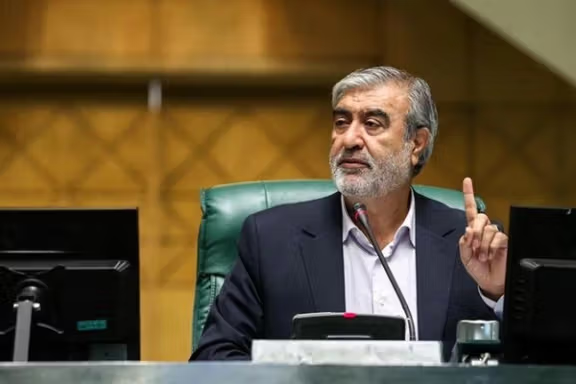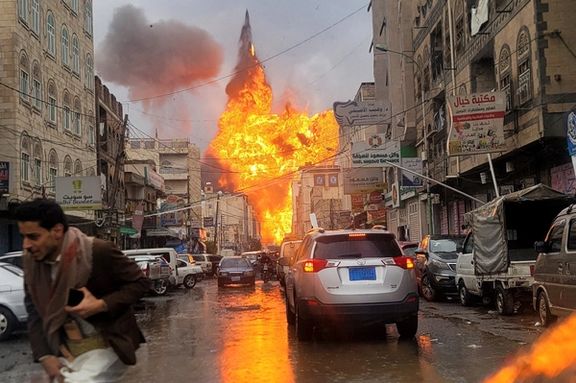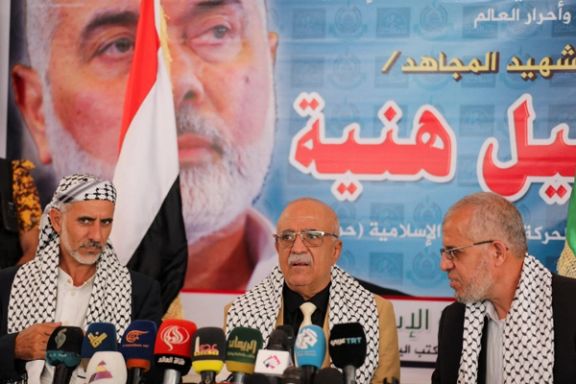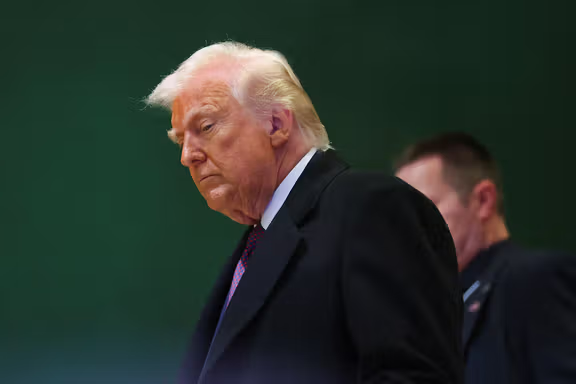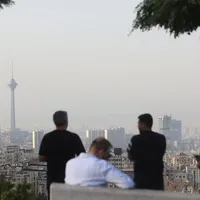Gamliel said Israel backs Prince Pahlavi, calling him a figure trusted by the Iranian people.
“The choice belongs to the Iranian nation, but we see that Iranians believe in Reza Pahlavi and support him. We in Israel also support him, because we see the people of Iran standing with him,” she told Iran International’s Babak Es'haghi.
Pahlavi traveled to Israel in 2023 at the invitation of then-intelligence minister Gamliel and met Benjamin Netanyahu. However, this is the first time a Netanyahu cabinet member is publicly expressing Israeli support for Pahlavi to overthrow the Islamic Republic.
In June, Israel commenced heavy bombing of Iran’s nuclear and military sites and was preparing a final wave of attacks aimed at toppling Iran’s ruling system when US President Donald Trump announced a ceasefire, The Washington Post reported in July, citing Israeli and American officials involved in the operation.
Sporadic protests have erupted in parts of Iran after the 12-day war with Israel, mainly over water and power shortages and poverty, but their scope has remained limited.
“No one expects people to take to the streets in the middle of a war," Gamliel told Iran International. "But we showed them their government is very weak. We are dealing with a regime that harms both its people and the world.”
“I firmly believe that when the Iranian people decide on change, we will stand with them with all our strength and goodwill," the Israeli minister said.
Asked about Israel’s vision for relations with Iran following a possible regime change, she said: “We see a future where the two nations cooperate. We have solutions for many of Iran’s problems in agriculture, energy, water, and technology.”
Both Netanyahu and former prime minister Naftali Bennett have previously expressed readiness to help Iranians with water and electricity crises after a regime change.
Prince's team in Israel
Gamliel made the remarks after hosting a delegation of experts dispatched by the exiled prince to Israel.
“The delegation sent by Prince Reza Pahlavi came to receive this knowledge and expertise. We hope one day to continue this cooperation in Tehran,” Gamliel said. “The Iranian people are not alone. We are here to respond, to offer solutions, and to build a better shared future.”
She invoked historic ties, saying: “We truly believe Iranians and Israelis must return to cooperation dating back 2,500 years, when Cyrus the Great allowed Jews to build the Second Temple. Together with Prince Reza Pahlavi and the Prime Minister, we aim to reach a Cyrus Accord —like the Abraham Accords—binding our nations politically, historically and culturally.”
Pahlavi’s senior adviser Saeed Ghasseminejad echoed that message, calling the Cyrus Accord “a symbol of historic Iran-Israel bonds” that could evolve into strategic partnership. He said Israel’s expertise in technology, management and policymaking could help future Iran tackle crises from water shortages to energy and infrastructure.
Pahlavi himself thanked Israel on X, writing: “Thank you, President Isaac Herzog and Minister Gila Gamliel, for welcoming my delegation of experts at a time when the Iranian people are suffering from a severe water crisis, electric shortages, and a collapsing economy. This mission is part of the Iran Prosperity Project, a blueprint for Iran’s rebirth aimed at unlocking our nation’s full potential after the fall of the Islamic Republic.”
He added that Iranian and Israeli experts would not only address the hardships brought about by the Islamic Republic but also “lay the groundwork for the future Cyrus Accords between Israel and a free, democratic, and prosperous Iran—strengthening the deep ties between our nations, envisioned by Cyrus the Great 2,500 years ago."





